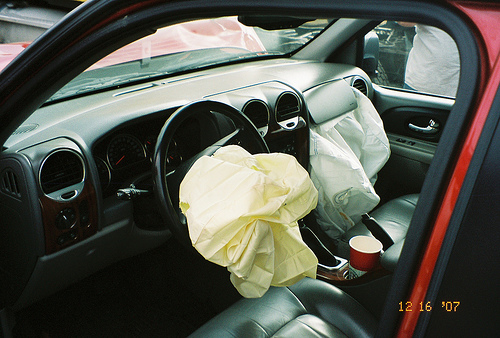 Hurray for the Miami Heat. Boo (and shame on) Micky Arinson, the billionaire owner of the Heat.
Hurray for the Miami Heat. Boo (and shame on) Micky Arinson, the billionaire owner of the Heat.
Micky Arison also owns Carnival Corporation, the world’s largest cruise operator. While the company operates many of its ships from American ports, enjoying the laws and protections only America can afford, it hides behind a labyrinth of one-sided procedures and antiquated laws that effectively limit the ability of its passengers to be fairly compensated for serious losses suffered on the high seas, including the most serious loss of all, the loss of life.
First, the procedural issues:
- Pursuant to the passengers’ ticket, passengers who are injured on cruise ships operated by Carnival, Celebrity, Norwegian, Costa, or Royal Caribbean are required to bring claims in Federal Court in South Florida.
- Within six months of an accident, injured passengers must submit a detalied letter to the defendant describing the accident. Failure to do this may bar further action by the victim.
- A one-year statute of limitations. In other words, a lawsuit must be brought within one year of the accident.
- The victim must travel to Miami to be deposed. In addition, the defendant has the right to perform a medical examination on the victim in Miami, and the mediation and the trial take place in Miami. These venue issues can present significant hardships to the plaintiff, who usually resides in another state or another country altogether.
Perhaps the greatest affront is the limited recovery afforded survivors of loved ones who die on the high seas as a result of negligence occurring onboard a ship. This limitation is prescribed by the Death on the High Seas Act (DOHSA). Where a plaintiff dies on the high seas beyond a marine league [i.e., three nautical miles] from the shore of any State, or the District of Columbia, or the Territories or dependencies of the United States, the survivors of the decedent are limited to pecuniary losses – essentially related medical bills and funeral expenses. Non-economic damages such as pain and suffering, loss of society, services and comfort of spouse, parent or child cannot be claimed. (Contrast these limits to Florida’s Wrongful Death Act, which affords certain survivors the right to recover these damages.)
Continue reading
 Florida Injury Attorney Blawg
Florida Injury Attorney Blawg



 Stacking coverage is one of the most misunderstood areas of Florida’s motor vehicle insurance laws. The goal of this blog is to help clear up the confusion.
Stacking coverage is one of the most misunderstood areas of Florida’s motor vehicle insurance laws. The goal of this blog is to help clear up the confusion. 
